European markets rally after Japan's economy contracts
'Bad news is good news' for investors who believe global markets have fallen as far as they are going to
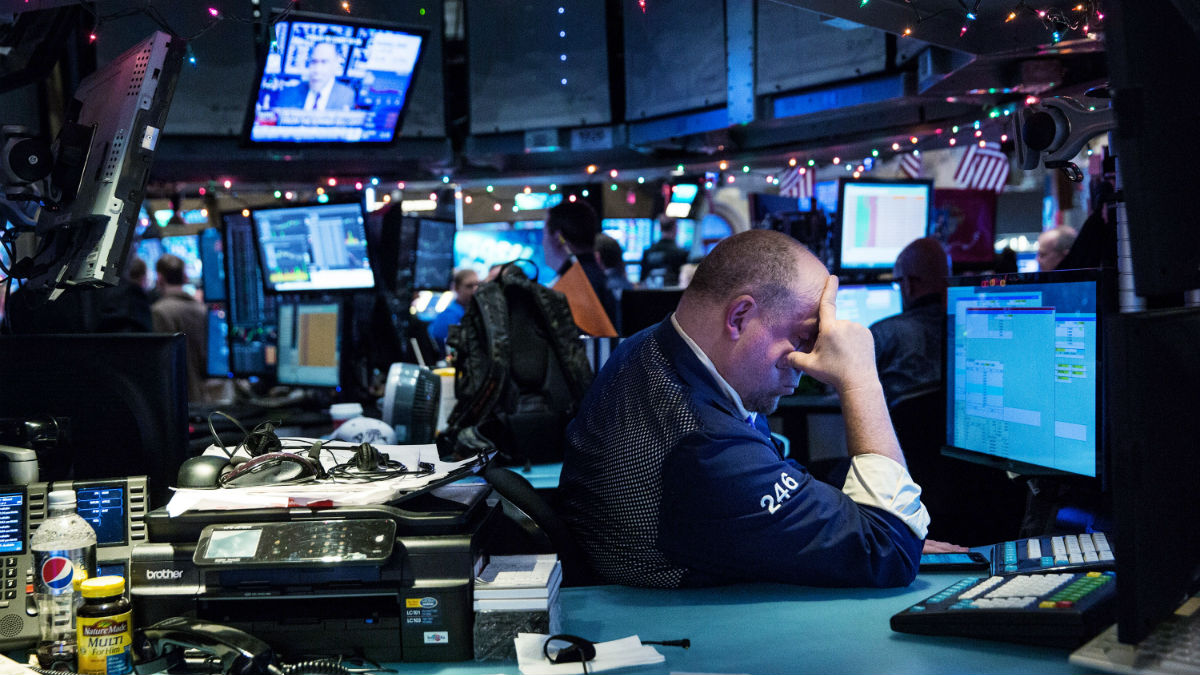
A free daily email with the biggest news stories of the day – and the best features from TheWeek.com
You are now subscribed
Your newsletter sign-up was successful
European markets rose this morning, after Japan's stock market soared 7.2 per cent despite bad economic news. By 10am, Britain's FTSE 100 was six per cent up on the lows it reached in the middle of last week.
According to The Guardian, Chris Beauchamp, a market analyst at IG Group, said this morning that the rising FTSE 100 "has many scratching their heads and wondering why investors have suddenly become so ebullient".
But, he added, the rise is to be "filed as a brief flowering" within a downward trend rather than "the start of something much more long-term".
The Week
Escape your echo chamber. Get the facts behind the news, plus analysis from multiple perspectives.

Sign up for The Week's Free Newsletters
From our morning news briefing to a weekly Good News Newsletter, get the best of The Week delivered directly to your inbox.
From our morning news briefing to a weekly Good News Newsletter, get the best of The Week delivered directly to your inbox.
Other European markets were also strongly higher this morning, but, said Beauchamp, "with the US out of the picture due to a national holiday it is too early to know if these gains will last into the rest of the week".
Japanese shares enjoyed a significant bounce earlier today, despite the news that the country's economy contracted even more than feared in the last quarter. The Nikkei 225 index closed 7.2 per cent at 16,022.5 points.
The movement, which represents the Nikkei's biggest daily gain since 2008, came as the dollar rose against the yen to finish at 113.95 yen, up from 113.25 on Friday.
Last week, the dollar fell to a 15-month low against the yen and the Nikkei lost more than 11 per cent, said the BBC.
A free daily email with the biggest news stories of the day – and the best features from TheWeek.com
The Guardian quoted Mike van Dulken of Accendo Markets as saying it is Japan's bad news - the economy shrank 0.4 per cent between October and December - that has driven the European rally this morning.
Together with poor economic data from China, the Japanese results had "added to hopes of more central bank intervention and stimulus, which buoyed commodities prices".
He added: "It would appear to be a case of bad news is good news again."
-
 Political cartoons for February 16
Political cartoons for February 16Cartoons Monday’s political cartoons include President's Day, a valentine from the Epstein files, and more
-
 Regent Hong Kong: a tranquil haven with a prime waterfront spot
Regent Hong Kong: a tranquil haven with a prime waterfront spotThe Week Recommends The trendy hotel recently underwent an extensive two-year revamp
-
 The problem with diagnosing profound autism
The problem with diagnosing profound autismThe Explainer Experts are reconsidering the idea of autism as a spectrum, which could impact diagnoses and policy making for the condition
-
 How will China’s $1 trillion trade surplus change the world economy?
How will China’s $1 trillion trade surplus change the world economy?Today’s Big Question Europe may impose its own tariffs
-
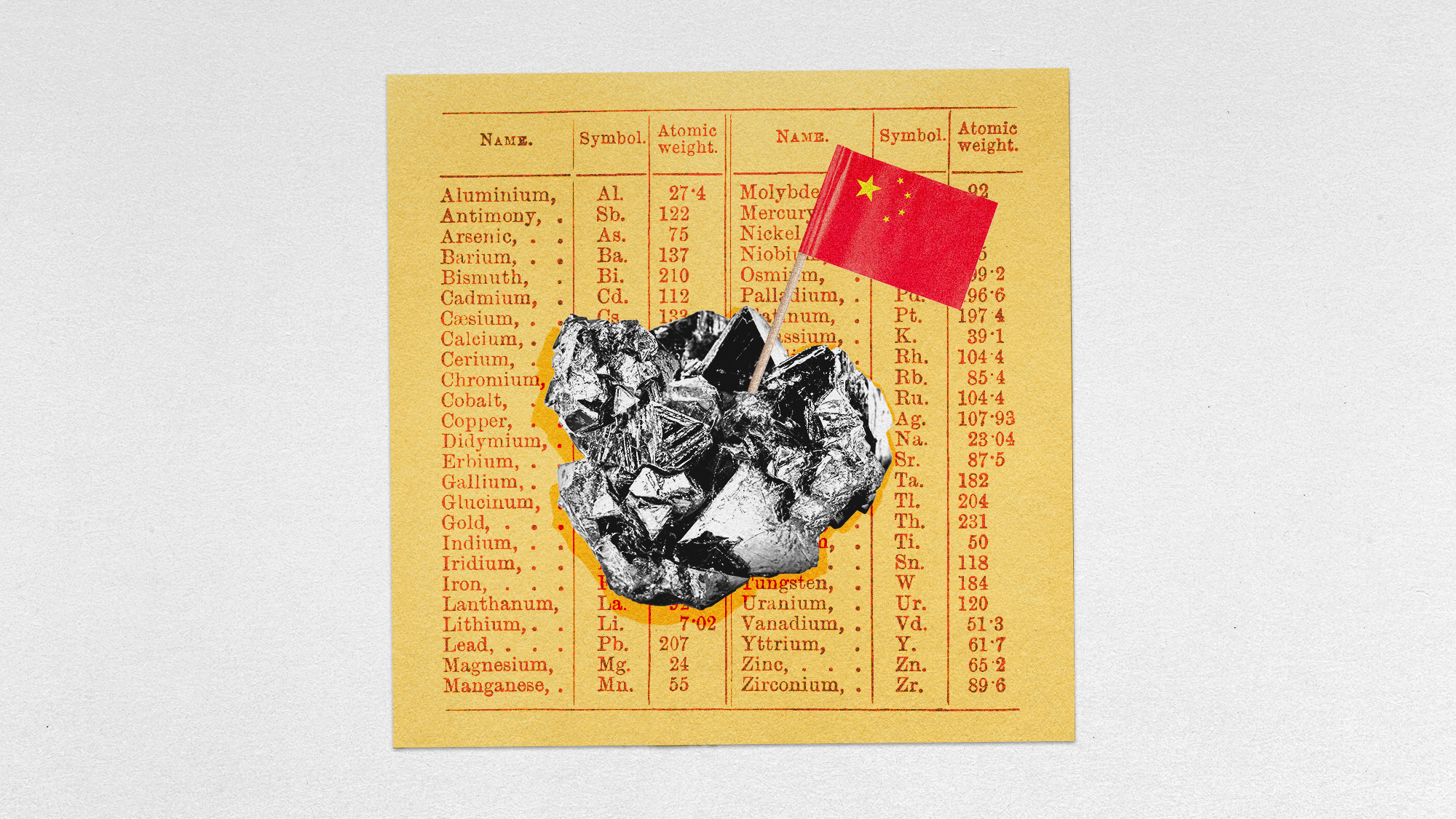 China’s rare earth controls
China’s rare earth controlsThe Explainer Beijing has shocked Washington with export restrictions on minerals used in most electronics
-
 Why the world's busiest shipping routes are under threat
Why the world's busiest shipping routes are under threatThe Explainer Political tensions, mega ships and global warming offer new challenges – and opportunities
-
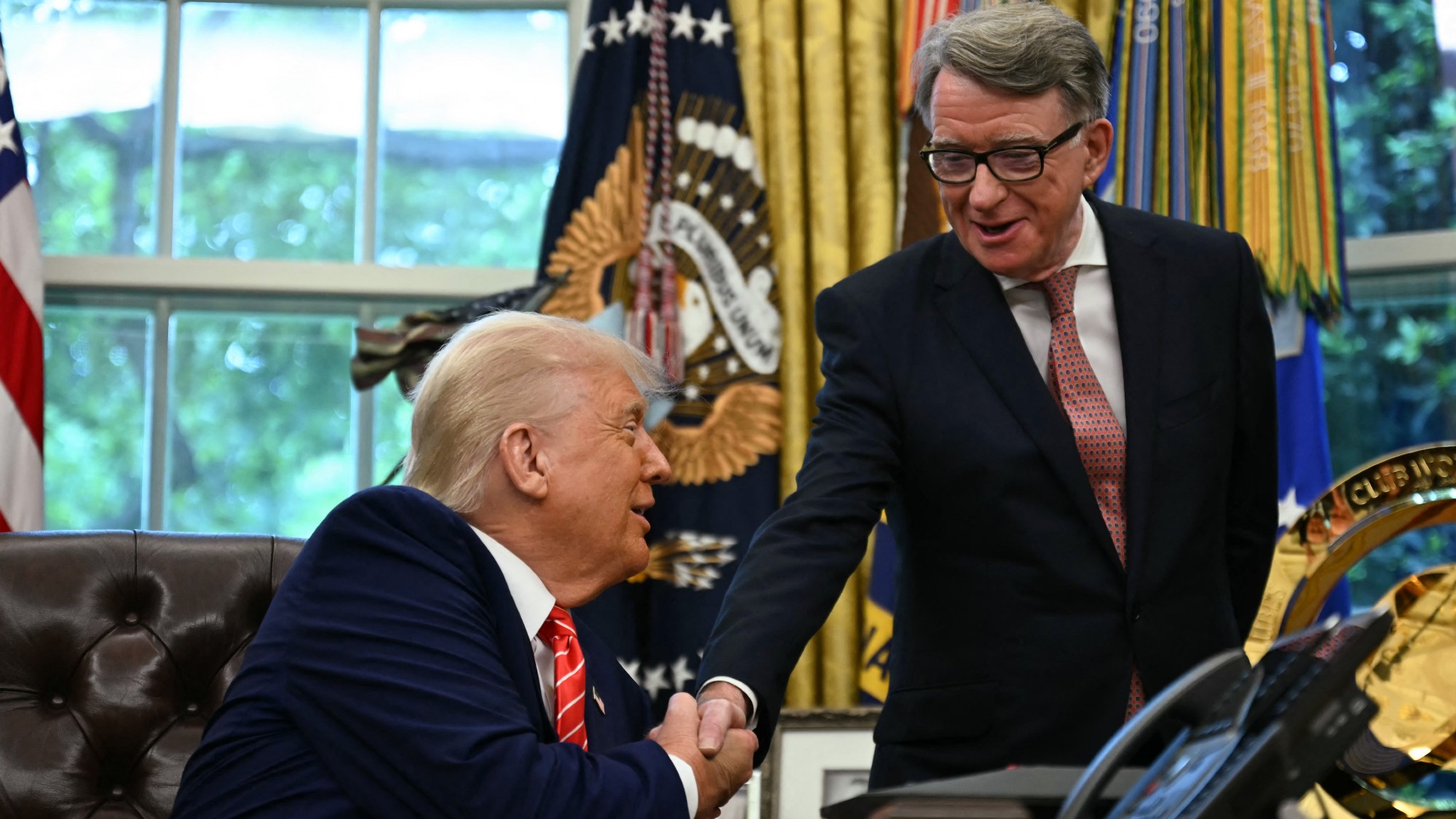 The UK-US trade deal: what was agreed?
The UK-US trade deal: what was agreed?In Depth Keir Starmer's calm handling of Donald Trump paid off, but deal remains more of a 'damage limitation exercise' than 'an unbridled triumph'
-
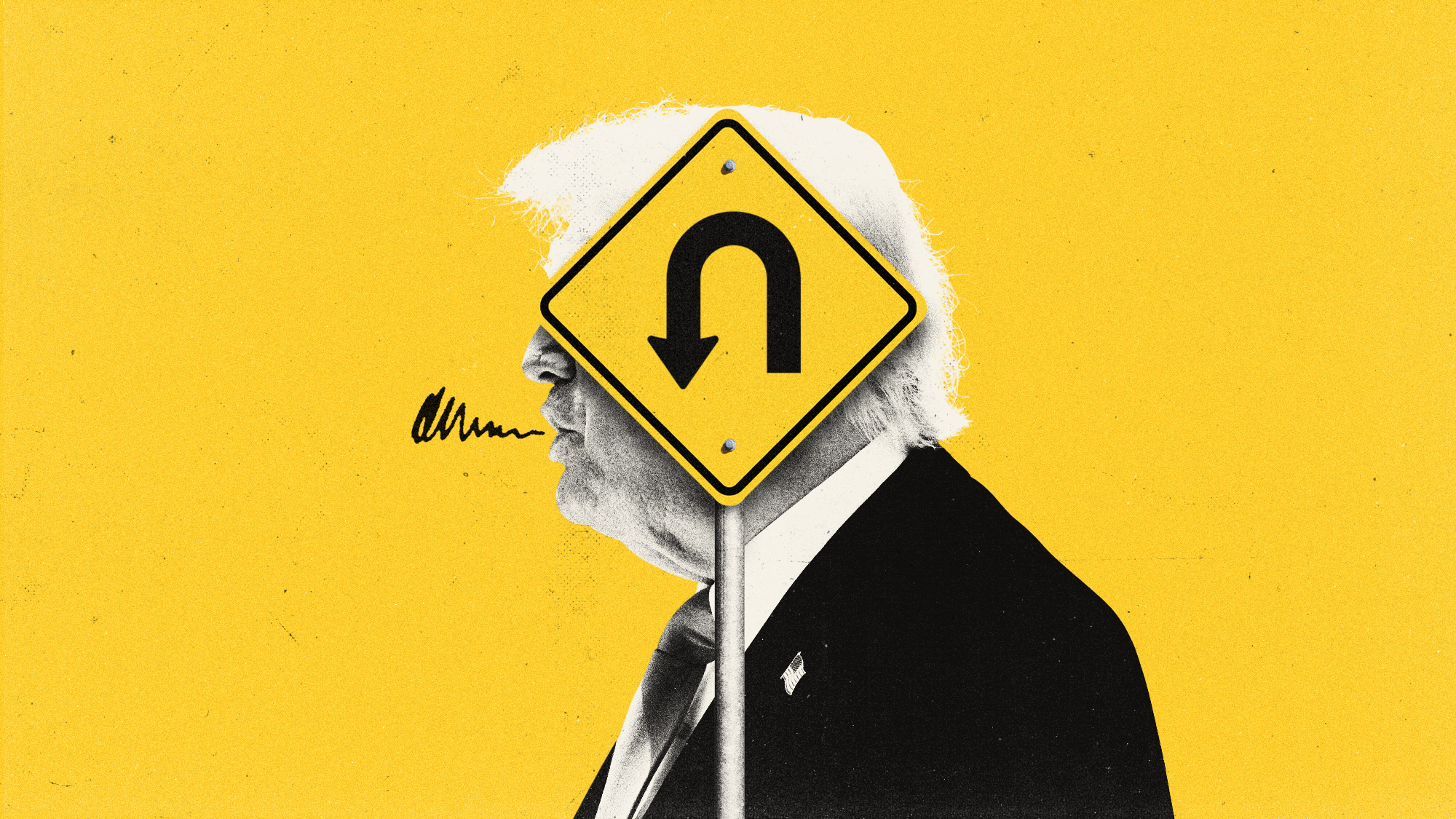 Trump vs. China: another tariff U-turn?
Trump vs. China: another tariff U-turn?Today's Big Question Washington and Beijing make huge tariff cuts, as both sides seek 'exit ramp' from escalating trade war
-
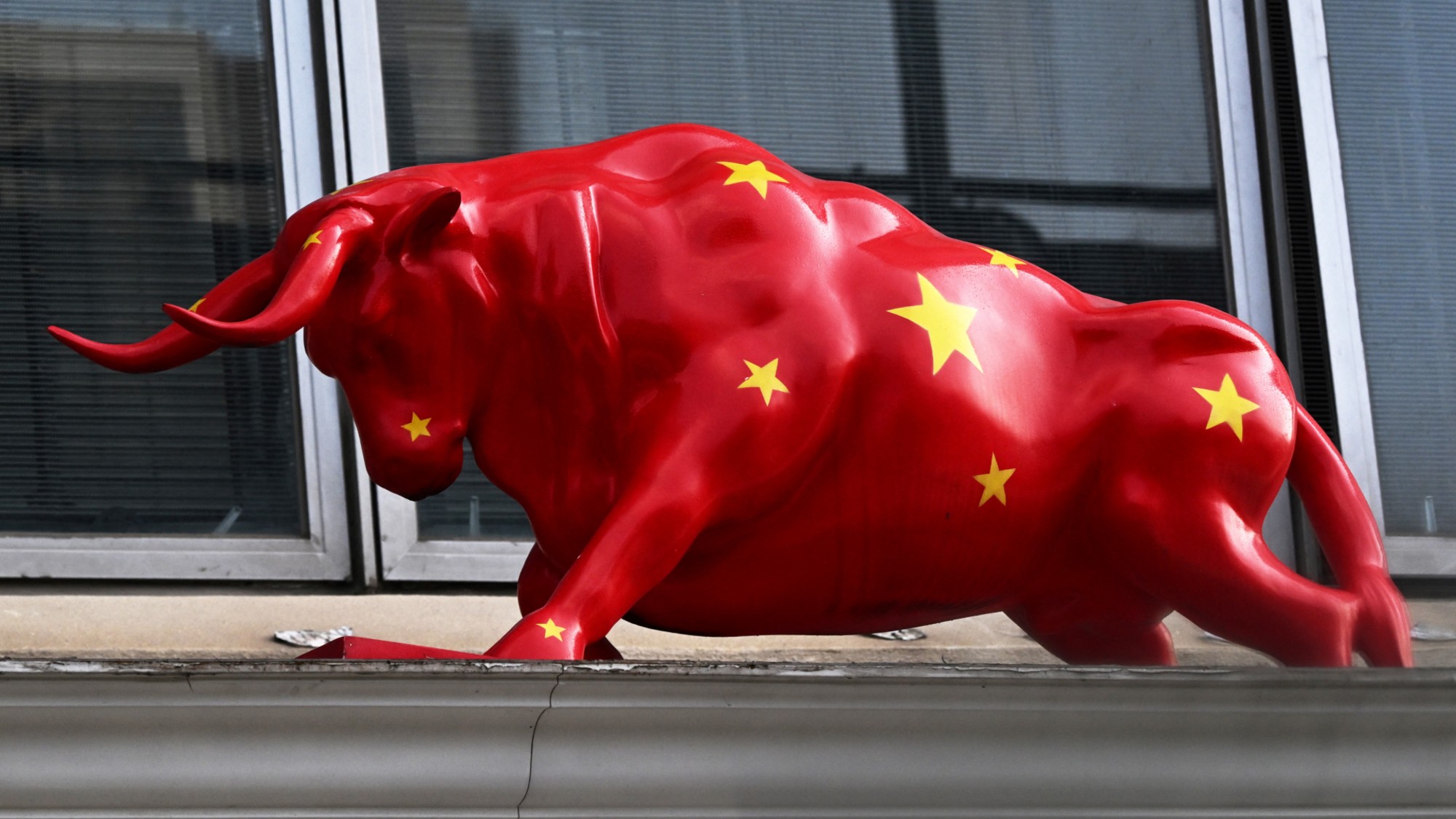 Who would win in a China-US trade war?
Who would win in a China-US trade war?Today's Big Question Tariff pain will be higher for China but Beijing is betting it can weather the storm
-
 Lesotho: the tiny African nation in the crosshairs of Trump's tariff war
Lesotho: the tiny African nation in the crosshairs of Trump's tariff warUnder the Radar US president imposes 50% reciprocal levy on the impoverished state: the highest of his so-called 'Liberation Day' tariffs
-
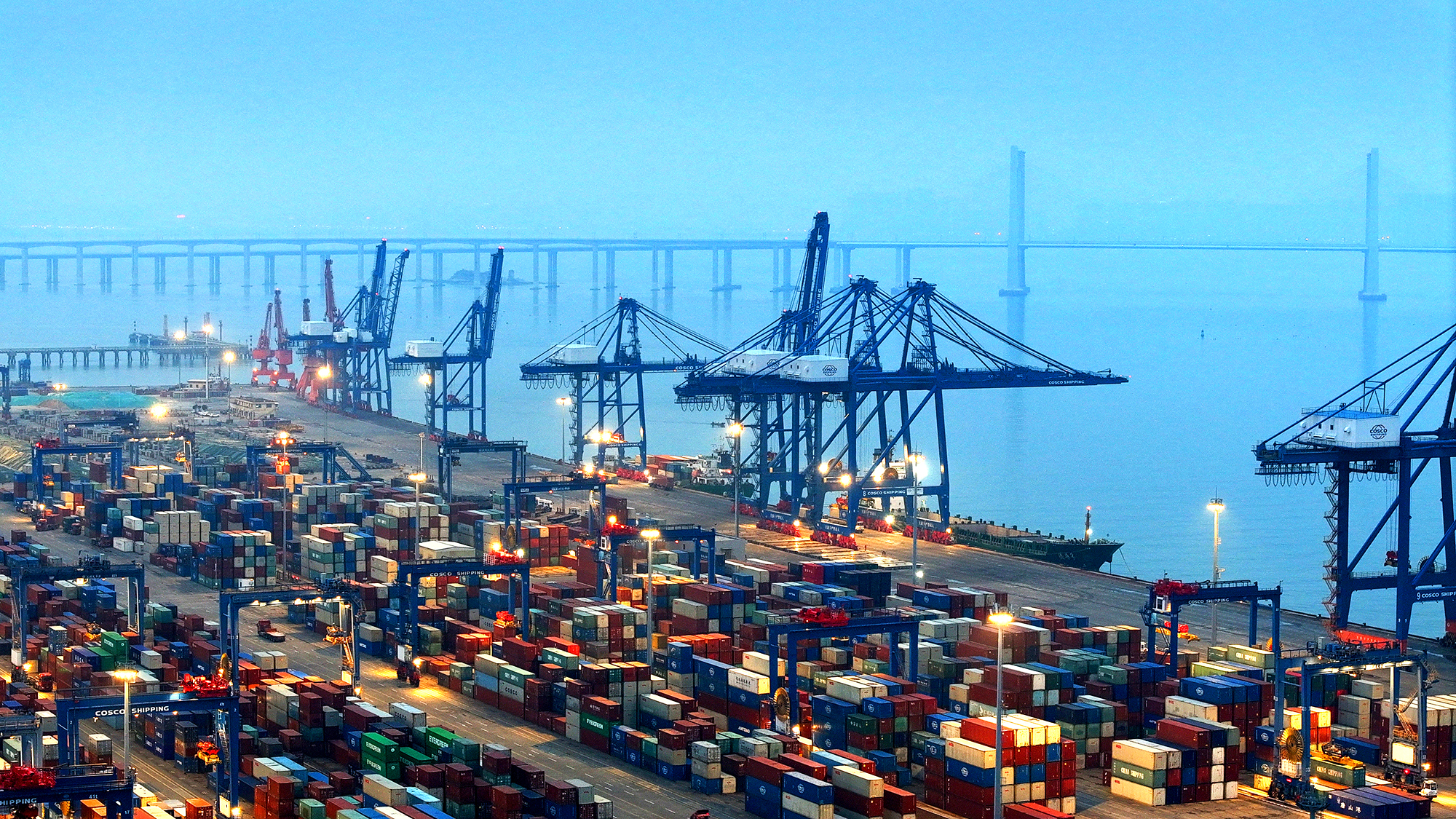 Is this the end of globalisation?
Is this the end of globalisation?Today's Big Question American-led post-war order is 'finally starting to crumble' but that could bring about 'a more inclusive world'